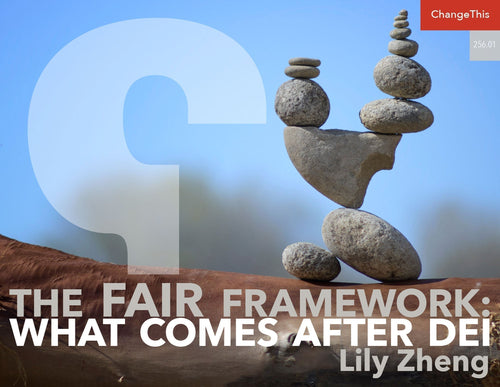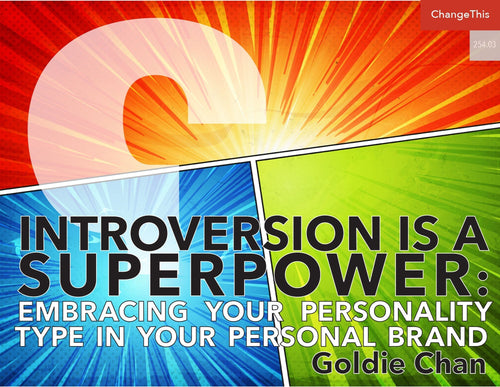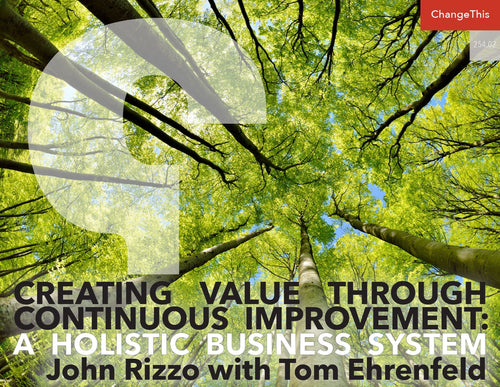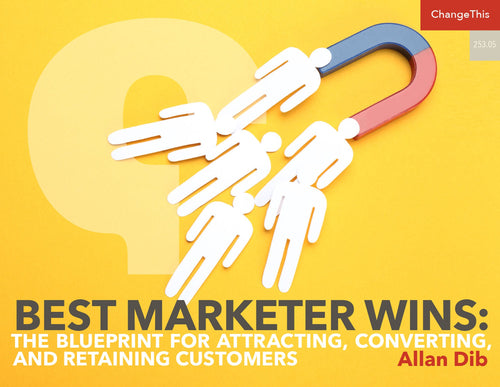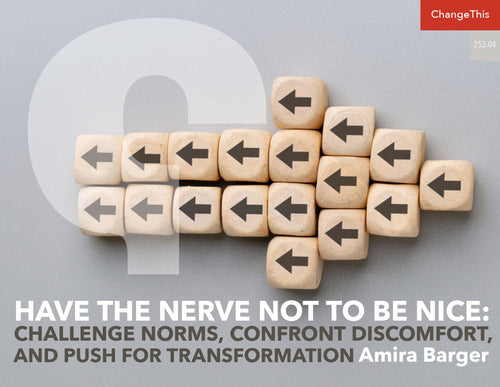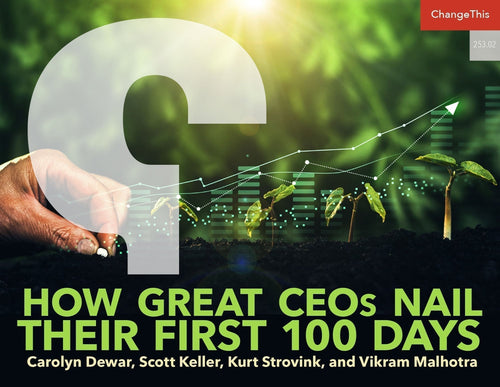You Are Enough: Personal Lessons in Self-Acceptance from Family, Dharma, and Hip-Hop
"I want to create music and experiences," writes musician and meditation teacher Born I, "for people to understand that it's okay to be exactly who you are. You are enough." His new book, Lyrical Dharma, is another experience he has created to do that work.
Can hip-hop be contemplative art?
My music, my work as a teacher (encourager), is for anyone who experiences suffering and is working to overcome it. It is for people who are imperfectly on the path of self discovery and awakening. It’s for all of us humans, for people who struggle, as I have and continue to. The lyrics and the stories behind the music are expressions of my life as a human walking on, drifting from, and returning to the path of transforming intense suffering into liberation of the mind, body, and heart, again and again. They are the stories of my life.
I’ve been an artist for as long as I remember—music, words, and visual arts have always been mediums I love. My love for the arts is inspired by my parents. My love for music is inspired by my father’s devotion to it. I remember writing a poem about the ocean at four years old that my teacher was convinced I plagiarized. Apparently it was too sophisticated for a four-year-old (and a Black four-year-old at that). I remember my father, who used to play songs from the titans of jazz—John Coltrane, Sonny Rollins, Miles Davis—on our way to grab a slice of pizza after my karate classes, giving my teacher the read of a lifetime over the phone about that poem. Those pizza runs—listening to my father over the swell of music as he explained the depths of jazz’s innovation and spoke to how this music impacted art and global culture as well as the happiness these songs brought him as a kid in Ghana—are etched in my memory.
My love for film and visual art is inspired by the moments my mother and I shared watching movies and cartoons together. My habit of watching and re-watching the same movie or show over and over again comes from our many hours of watching classic Disney shorts like An Officer and a Duck or the incomparable performances embedded in The Godfather. With each viewing, we found something new to laugh or marvel at—my mother showed me the infinite nature of artistic expression and interpretation.
Both my parents showed me the power of language as art. As an only child, I had plenty of time to absorb my parents’ influences in our small townhouse outside of Washington, DC. My father’s command of the English language is an art in and of itself. He speaks with no words wasted and can express himself with seemingly endless erudition on any topic. His way with words and his command of a room often landed him in the role of MC at various functions in the Ghanaian community. I, in psychological osmosis, soaked it all in. My mother speaks in a slightly more casual but no less masterful way. To hear her singsong cadence is to be hypnotized in the best way; she speaks purely, compassionately, and honestly, with an underpinning of modest regality. To listen to my parents speak and to read their words, to have been immersed in them all my life, is a gift I cannot fully grasp.
When I was about seven, my mother became a Buddhist in the Sokka Gakkai/Nichiren tradition. On Sundays and some weekday nights, she brought me to the temple to light incense, chant, and pray. The golden sculptures, intricate calligraphies, and the flowing robes of the priests made an impact on me that I wouldn’t fully realize until later. Over time, I began to absorb the foundations of Buddhism: that it is human to struggle and to suffer, and that there is a path to freedom from suffering. The Buddha was not a god, but a person like you and me who just happened to set out to solve the riddle of the human condition. His teachings, compassion, and wisdom are tools each of us can take up in approaching the riddle ourselves.
As a teenager, one seminal event transformed my life: discovering hip-hop. Hip-hop became my best friend, my older sibling, my teacher, and my therapist. Eventually I decided to make it my life. Hip-hop (and Buddhism) freed me from the feelings of isolation and nihilism I experienced as I grew and gave my heart and mind a voice.
In college, my then-girlfriend now-wife and I discovered we were expecting our first child. I followed my intuition and immersed myself in the Dharma—the teachings of the Buddha— to prepare for fatherhood and the life journey to come. Perhaps the Buddhist wisdom tradition could help me cultivate the stability, kindness, and wisdom I would need to be a supportive and loving parent, I thought. The influence of those early years in the temple with my mother, coupled with an almost cosmic push toward the Dharma on behalf of this child, strengthened my spiritual conviction. The greatest gift I could offer my child, I thought, would be the Buddha’s teachings of love and liberation. I recognized that this would involve facing and moving through my own suffering. “If we don’t transform our pain, we’ll transmit it,” as priest and writer Richard Rohr says.
A chance encounter on the bus a few years later began my journey as a teacher. One day, I happened to sit across from a gentleman reading a Buddhist magazine. We struck up a conversation, and it turned out that he not only lived across the street from me, but was a Buddhist teacher specializing in teaching families the basic principles of the Dharma in fun, accessible ways. Carl Skooglund and I became friends, and my family became part of the sangha, or community, he had cultivated. One day, Carl suggested I join him as a guest teacher. I really enjoyed finding silly ways to share concepts like compassion and overcoming anger with the kids, and they seemed to find me entertaining, if nothing else. Carl began inviting me to guest teach more and more, until one day he announced his retirement and left guidance of the sangha and its classes to me and my dear friend Jennifer Jordan.
As society began to realize the science-backed value of mindfulness and meditation, I received more and more offers to teach. I often think of my teaching career as a series of happy accidents—I had many ambitions and intentions, but teaching was never one of them. In fact, I’m still a bit uncomfortable with the “teacher” title. When I think of my own teachers and inspirations—my parents and parents-in-law, my wife and children, my root teacher Bhante Buddharakkhita and masters like Osho Zenju Earthlyn Manuel, Thích Nhất Hạnh, Ajahn Mun, Ajahn Chah, Ayya Anandabodhi, Bhante Gunaratana, His Holiness the Dalai Lama, Alice Coltrane, John Coltrane, Alice Walker, The RZA, Nas, Erykah Badu, H.E. Jetsunma Akhon Lhamo, Ven. Pannavatti, Tara Brach, Kōshō Uchiyama, and Suzuki Roshi—the list goes on—it’s clear to me that, in the light of these incredible humans, I can hardly call myself a teacher.
I see myself as an encourager, someone on the ground level willing to share their experiences with difficulty, struggle, and relief. Mostly I want to encourage people to be kind to themselves, not to give up on themselves, and to keep returning to the path when they stumble. I hope to normalize the struggles we all face as humans and encourage people not to harm themselves or others—I know the pain of these harms well. If it is easier or more helpful to think of me as a teacher, please know I hold the title lightly and with deep reverence.
In the early years of my hip-hop journey, I wanted to be a full-time artist. I didn’t see how the worlds of hip-hop and Dharma could ever mix. In fact, I did everything I could to keep them separate, fearing I would lose my “edge” as a rapper if people knew I taught meditation and be perceived as “too edgy” if I allowed my rapper persona to coexist with my teaching role. Furthering this deluded approach, I also tried to keep my personal life and my struggles hidden, both as a rapper and teacher. Although I was suffering deeply with issues around mental health, substance abuse, personal identity, surviving sexual assault, and more, I rarely spoke about these challenges in my music or from the teacher’s seat, fearing I would lose my respective audiences if I told the truth about how deeply in pain I was. Resonating with hip-hop as a listener felt far safer than expressing my truth as an artist.
Looking back, even though I know this was a misguided approach, I have compassion for my younger self, the artist and teacher afraid to share his struggles with the world. Over time, I’ve found the best way to connect with people is to simply be myself, whether in a song or on a retreat. In the role of a teacher, I have found it powerful to normalize our collective experience of suffering—no one is immune from the Buddha’s first noble truth that suffering exists. As a hip-hop artist, it became important for me to drop the façades of bravado, materialism, and presumed mental health in my lyrics and to fully express the ups and downs of being human: my joys, failures, insights, and anxieties. As I became more comfortable sharing what was true in my experience, both from the teacher’s seat and from behind the microphone, some core themes began to emerge: self-compassion, healing, and the wisdom of interbeing (everything is connected). These topics have become the foundation of all my work.
I owe my parents a debt of gratitude I can never repay for setting me on the path of Dharmic artistry. Though I am not an exemplary one, I am grateful to be a Buddhist practitioner. As a rapper, I’m passionate about sharing from the heart—which often includes how the Buddha’s teachings have impacted my life—in a (hopefully) accessible way. My book, Lyrical Dharma, is a collection of lyrics from three albums—In This Moment, AMIDA, and Komorebi (a Japanese word that means “sunlight leaking through the trees”). Some lyrics are followed by breakdowns to highlight themes, backstories, Dharma teachings, and insights, while others are left to speak for themselves without further explanation. Everything in the book can be read as poetry. You can listen to the songs while reading to deepen the experience of both the book and the music. Feel free to flip to any verse at any time, or to read front to back. Back to front will work, too. Return to a particular verse, line, breakdown, or story as many times as it speaks to you.
These days, I’m happy to say I am more in touch with a sense of peace within myself, a peace which was once so elusive. It’s been hard, and in many cases I made it harder than it needed to be (for myself and others), but I can feel a more peaceful heart emerging now, like the sunlight leaking through the trees: komorebi. It doesn’t mean life is easy, just that I can stay a bit more centered as I roll with its punches. Healing remains a process. I share my life through art and anecdotes with the hope that you come away with the following messages tattooed on your heart: be kind to yourself, don’t give up on yourself, continue to pursue your greatest aspirations, keep rising no matter how many times you fall down, and remember—“every new breath is a chance, every new step is a dance.”
In short: you are enough.
Adapted from Lyrical Dharma by Born I, published by Parallax Press. © 2025 Ofosu Jones-Quartey. All rights reserved.
About the Author
Ofosu Jones-Quartey (Born I) is a meditation teacher, author, and musician dedicated to sharing mindfulness, hip-hop, and self-compassion—his live events are a hip-hop and meditation experience.




